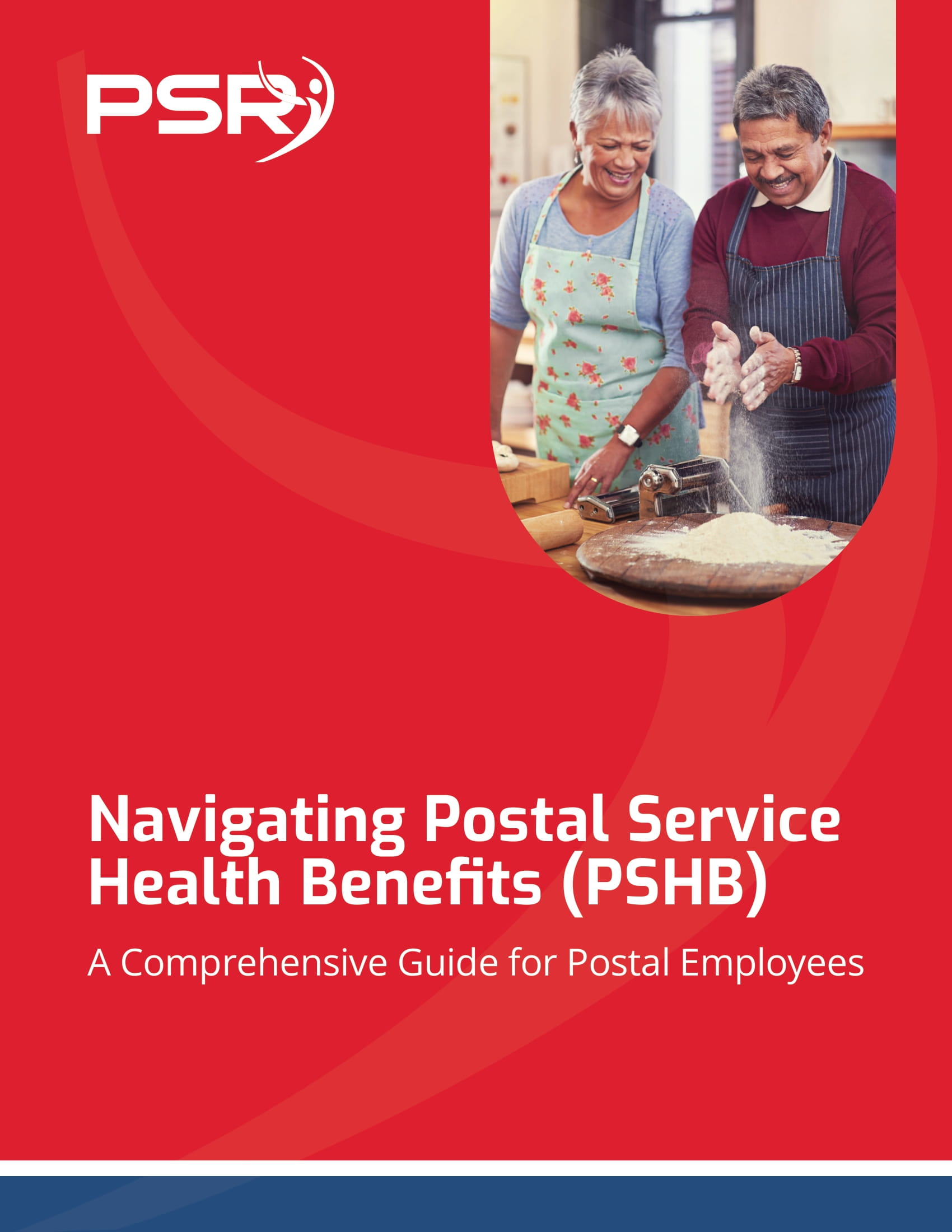Federal Retirement Spending Habits

For Federal Employees, spending will change in retirement. Some federal retirees will spend more and some will spend less based on their individual financial situation. It is useful to note that expenses today may not be expenses tomorrow. Therefore, some projections and forecasting is needed when looking at spending in retirement.
- Also Read: Divorce and Your Federal Pension—What Happens When You Split Assets and How It Could Affect Your TSP
- Also Read: What Happens to Your Federal Benefits After Divorce? Here’s the Lowdown
- Also Read: The Best FEHB Plans for 2025: Which One Fits Your Lifestyle and Budget the Best?
Medical Expenses and Life Insurance in Retirement
Let’s take a look at medical expenses in retirement. Those expenses will probably go up because it seems to follow that as we get older, we require more medical attention. Conversely, taxes will probably go down because you will no longer have payroll taxes for Social Security and Medicare if you don’t have earned income after retirement. For instance, someone earning $60,000 in 2009 might have paid $4,590 for Social Security and Medicare Taxes, but will pay zero dollars in retirement if there is no earned income. The tax savings could also help to replace some of the salary we will need to cover in retirement. Savings should be aggressive prior to retirement. Your cost for life insurance, FEGLI or private compay life insurance, may also decrease – you should compare your FEGLI coverage and costs again private life insurance to make sure you are getting the best deal.
There are many ways in which our expenses and income may fluctuate in our retirement years. But knowing what we know, it is prudent to aggressively save prior to retirement and even more prudent to aggressively pay down debt prior to retirement. Carrying heavy debt into retirement is a disaster waiting to happen. Reducing your debt lowers interest and increases your net worth. If you have a very high debt: income ratio you will have to spend a lot of money just paying interest.
I know you are still thinking about your vision for retirement. What about insinuating “some magic dust” into your vision —- living debt free before you reach retirement? Imagine how much bigger and fantastic your vision could be if you had no heavy debt to carry around with you. A rule of thumb is to lay out your entire debt ranking the order in which they should be paid. You pay off debt with the highest interest first and then you put off the debt with the lowest interest last until you have paid everything off.
You don’t want to pay off your mortgage unless you have a lot of disposal income because you may need the tax advantages from the mortgage payment. If I had enough money to pay off my mortgage, I would do a very careful analysis of the pros and cons before taking the next step of paying off the mortgage. Paying off a mortgage might be the right thing to do for some and not for others. Each person’s financial circumstances is uniquely different. Try living by this “mantra” – What I cannot pay for in cash, I cannot afford, mortgages aside. You will be amazed how living by this mantra will curtail spending. Decision-making strategies must always be utilized when spending your money. Sometimes credit gives us too much flight to fantasy. We all need credit, but how we handle it will be key to our retirement success.
Remember when it was assumed when one retired the mortgage would also be retired. That is not always the case now-a-day. Having to make large debt payments out of a limited retirement income can easily sour one’s financial picture in retirement. Every effort must be made to leave debt behind as you move into retirement. Having a vision and dreams for retirement has associated costs. If you pay down your debt then you will have money that is not obligated for expenses to spend the way you want. It is called your vision and dream cache. The more savvy you are at managing your finances, the better that cache will look and feel. Most retirees talk about being able to travel. That is an expense that is outside of the normal day-to-day expenses especially if the travel is extensive. So we have to be very careful in planning our trip and making sure we are comparison shopping.
P. S. Always Remember to Share What You Know.
RELATED TSP ARTICLES
Thrift Savings Plan (TSP) Withdrawal Options
For Postal Employees – LiteBlue and the TSP
Federal and Postal Employees – Choosing a Financial Professional
Is All ‘Your’ TSP Money Actually Yours?










